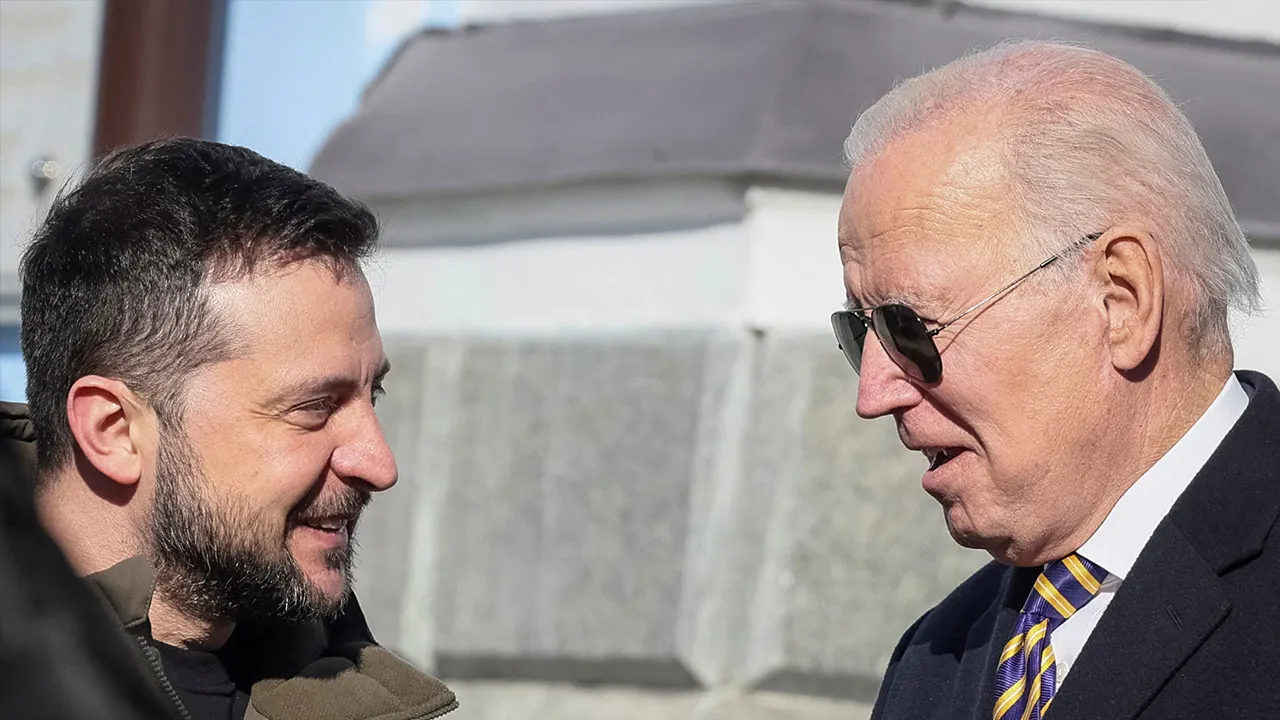Electoral politics begin to bite into Ukraine support

There are many fronts on which Ukraine is fighting Russia. Likewise, diplomatic gains are hard won these days, just as progress on the battlefield is.
As a result of Russia’s invasion last year, Western support for Kyiv has remained largely strong. Nevertheless, cracks are beginning to appear in the pro-Ukraine alliance.
Providing more than $110 billion (£90 billion) in military and economic support to Ukraine, the United States is by far its biggest supporter. As a result of a bitter internal fight over funding the federal government, Congress on Saturday abandoned plans to give Ukraine another $6 billion.
Some Republicans think support for Ukraine should be curtailed, while others think it should be provided only if more money is spent on border security.
A further $24bn has been promised by Mr Biden, but it may now be vulnerable to US political pressure.
In Slovakia, Robert Fico’s Smer party won the most seats, although he still needs to form a coalition. In his campaign, the populist former prime minister promised to end military support for Ukraine, a move widely seen as pro-Moscow and anti-Kyiv.
“People in Slovakia have bigger problems than Ukrainians,” he said. Thus, Viktor Orban’s Hungary joins two European Union countries ready to veto further collective action to support Ukraine.
Poland is also holding elections soon – and there are doubts about supporting Ukraine there as well. Polish farmers oppose cheap Ukrainian grain imports that the ruling Law and Justice Party has promised to halt.
Andrzej Duda, the President, described Ukraine as a drowning man dragging down his rescuers. Mateusz Morawiecki announced Poland would no longer transfer weapons to c, although this was later reversed.
